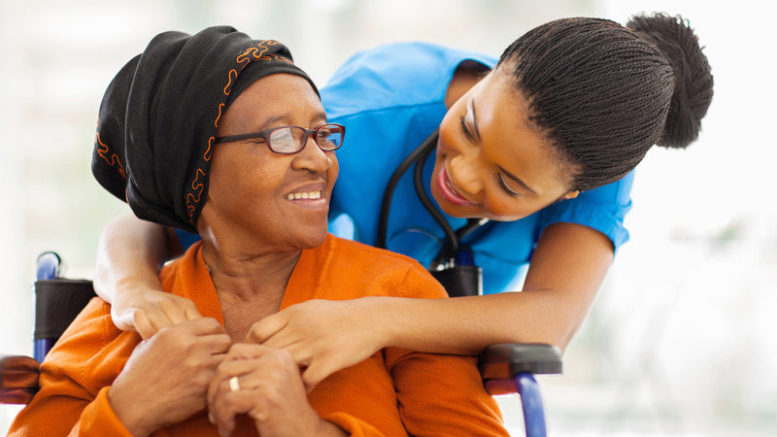Alzheimer's and Dementia
Music Mends Minds, Part 4
Carol Rosenstein joins Suzanne to talk about Rotary programs and other ways you can get involved with the Music Mends Minds program.
Music Mends Minds, Part 3
Carol Rosenstein joins Suzanne about Music Mends Minds using Zoom to let music transform those suffering from Parkinson's disease, dementia, or Alzheimer's.
Music Mends Minds, Part 2
Carol Rosenstein, the founder of Music Mends Minds, joins Suzanne to talk more about how music transforms those suffering from Parkinson's disease, dementia, or Alzheimer's. Carol alerts us to two takeaways.
Music Mends Minds, Part 1
Carol Rosenstein, the founder of Music Mends Minds, joins Suzanne to talk about how music transforms people's lives, particularly those suffering from Parkinson's disease, dementia, or Alzheimer's.
Memory Care: Lavender Sky program at MorningStar Senior Living, part 2
Suzanne talks with Julie Wilkins, Ignacio Lopez, and Rebecca Martin to talk about MorningStar Senior Living's Lavender Sky program. This segment focuses on where we go in the future with breakthroughs in Alzheimer's and dementia therapies.
Memory Care: Lavender Sky program at MorningStar Senior Living, part 1
MorningStar Senior Living's VP of Memory Care Rebecca Martin joins Suzanne to talk about their Lavender Sky program. Lavender Sky is the name for the communities' Alzheimer's and Dementia memory care philosophy and programming services, a holistic approach.
Dementia: Mindful Living Memory Program
Julie Wilkins, Vice President of Clinical Resources at EmpowerMe Wellness, joins Suzanne to talk about their memory program Mindful Living. Mindful Living is used to identify seniors showing memory problems or decreased ability to function in their residence, determine their functional level, educate on coping strategies, and provide non-pharmacological interventions to enhance quality of life and improve their ability to function.
Commonly Asked Dementia Questions
Kelley Smith at CarePartners Senior Living joins Suzanne to talk about the most commonly asked Dementia questions.
Kelley explained, “People want to know what a...
Alzheimer’s and Dementia Types
Kelley Smith at CarePartners Senior Living joins Suzanne to talk about different types of dementia, and how to approach caring for a senior loved one.
Dementia: Having the Conversation
Kelley Smith at CarePartners Senior Living joins Suzanne to discuss how to have the conversation about dementia or Alzheimer's with your senior loved one.





















